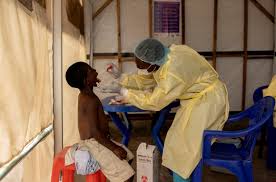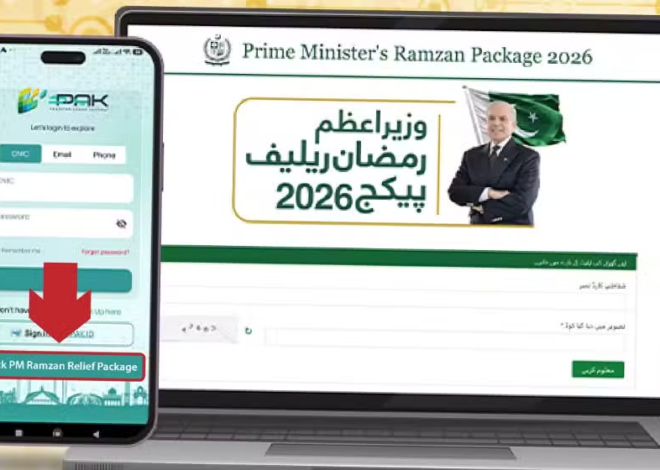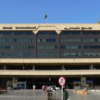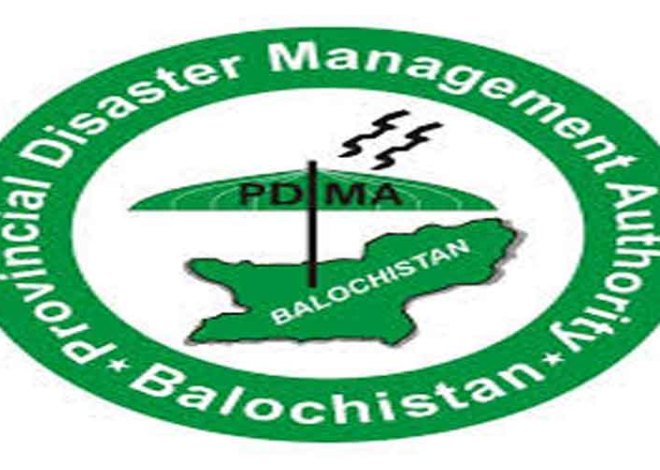
WHO Declares Monkeypox 1Global Health Emergency Amid Rising Cases in Africa
The World Health Organization (WHO) has officially declared the surge in monkeypox (mpox) cases in the Democratic Republic of the Congo (DRC) and other African countries a Public Health Emergency of International Concern (PHEIC). The decision was announced by WHO Director-General Dr. Tedros Adhanom Ghebreyesus following the recommendations of an Emergency Committee convened under the International Health Regulations (2005) (IHR).
A Growing Threat in Africa
The declaration comes as a response to the alarming increase in monkeypox cases in the DRC and the spread of the virus to several neighboring countries. The emergence of a new clade of the monkeypox virus, alongside outbreaks of existing clades, has raised significant concerns about the virus’s potential to spread further across the African continent and beyond.
Dr. Tedros highlighted the severity of the situation in his statement:
“The emergence of a new clade of mpox, its rapid spread in eastern DRC, and the reporting of cases in several neighboring countries are very worrying. On top of outbreaks of other mpox clades in DRC and other countries in Africa, it’s clear that a coordinated international response is needed to stop these outbreaks and save lives.”
Urgent International Action Required
The WHO’s decision underscores the need for an urgent and coordinated international response. WHO Regional Director for Africa, Dr. Matshidiso Moeti, emphasized that significant efforts are already in motion, with WHO teams working closely with communities and governments to curb the spread of the virus. However, with the virus spreading rapidly, there is a need for further scaling up of efforts.
“Significant efforts are already underway in close collaboration with communities and governments, with our country teams working on the frontlines to help reinforce measures to curb mpox. With the growing spread of the virus, we’re scaling up further through coordinated international action to support countries bring the outbreaks to an end,” Dr. Moeti said.
Global Implications and the Need for Decisive Action
Professor Dimie Ogoina, Chair of the Emergency Committee, warned of the global implications of the current upsurge in monkeypox cases. He pointed out that the new strain, which has shown signs of sexual transmissibility, presents a significant threat not only to Africa but to the entire world.
“The current upsurge of mpox in parts of Africa, along with the spread of a new sexually transmissible strain of the monkeypox virus, is an emergency, not only for Africa but for the entire globe. Mpox, originating in Africa, was neglected there, and later caused a global outbreak in 2022. It is time to act decisively to prevent history from repeating itself,” Professor Ogoina stated.
Vaccine Efforts and Global Support
WHO’s Strategic Advisory Group of Experts on Immunization has recommended two vaccines currently in use for monkeypox. These vaccines have been approved by national regulatory authorities in countries like Nigeria and the DRC. To expedite vaccine access for lower-income countries, Dr. Tedros has initiated the process for Emergency Use Listing for these vaccines. This listing will enable global partners, including Gavi and UNICEF, to procure and distribute vaccines more efficiently.
WHO is actively working with vaccine manufacturers and countries on potential donations and is coordinating with partners through the interim Medical Countermeasures Network to ensure equitable access to vaccines, therapeutics, and diagnostics.
Funding and Resource Mobilization
To support the necessary surveillance, preparedness, and response activities, WHO anticipates an immediate funding requirement of $15 million. The organization has already released $1.45 million from the WHO Contingency Fund for Emergencies and may release additional funds as needed in the coming days. A comprehensive needs assessment is also being conducted across all levels of the WHO to facilitate a rapid and effective response to the monkeypox outbreak.
The WHO’s declaration of monkeypox as a global health emergency underscores the critical need for swift and coordinated international action to address the spread of the virus, particularly in Africa, and to prevent further global transmission.








